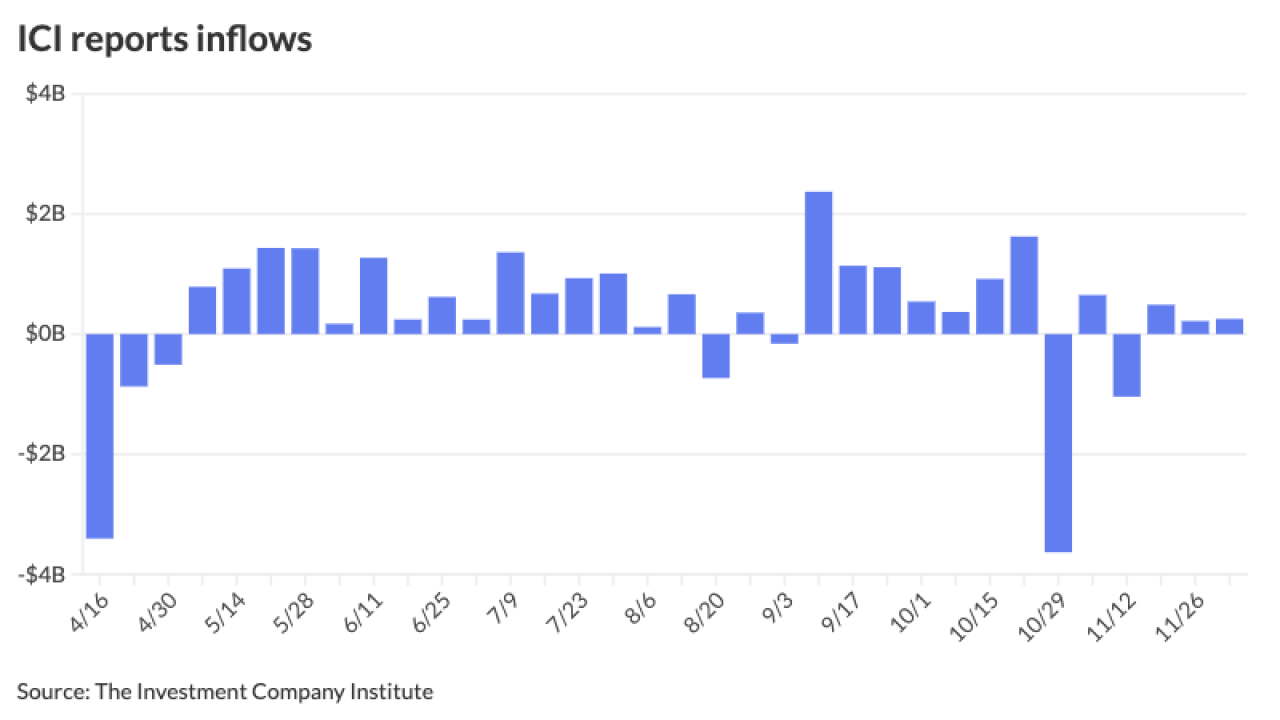A former Wells Fargo Clearing Services trader has agreed to be barred from the industry and to pay a $25,000 monetary penalty to settle Securities and Exchange Commission charges that he submitted fraudulent retail orders to evade the restrictions put in place by issuers.
Muldoon agreed to settle the administrative proceeding without either admitting or denying the SEC’s findings. The 69-year-old Philadelphia resident placed such fraudulent orders in at least 16 offerings between January and October of 2017, the SEC alleged, using “friendly” sales representatives at underwriting firms to obtain bonds for his firm’s inventory.
“Muldoon’s misconduct defrauded municipal issuers, who were deceived into allocating their bonds to Wells Fargo instead of to legitimate retail investors,” said LeeAnn Ghazil Gaunt, chief of the Enforcement Division’s Public Finance Abuse Unit. “Abuse of the retail order period by broker-dealers is a serious concern and we will continue to address it in all its forms.”

Muldoon should properly have placed his orders as dealer stock orders, the SEC found, but instead asked representatives to submit them as retail orders because retail orders receive high priority in primary offerings and dealer stock orders receive low priority. He worked with three unnamed representatives at other firms, the SEC alleged.
Further, the SEC found, Muldoon took steps to avoid detection. In some instances he instructed the sales representatives to delay placing the orders to simulate the period it would take for a legitimate retail order to be placed. In another instance, the SEC said, Muldoon took steps to prevent the senior manager from seeing on an electronic trading platform that bonds allotted to one of Muldoon’s alleged co-conspirators were immediately trading among broker-dealers.
The conduct was a violation of Section 10(b) of the Exchange Act as well as of Municipal Securities Rulemaking Board Rule G-17 on fair dealing, the SEC said.
The case has some thematic similarity to the massive
Wells Fargo was not immediately able to comment.





